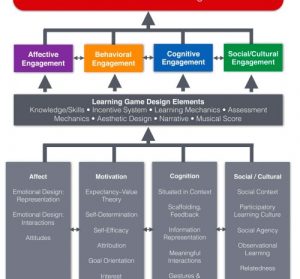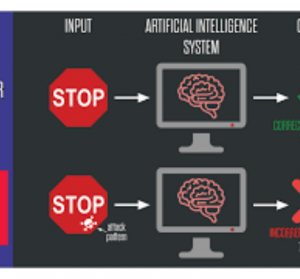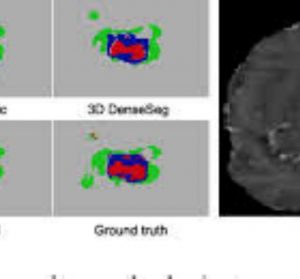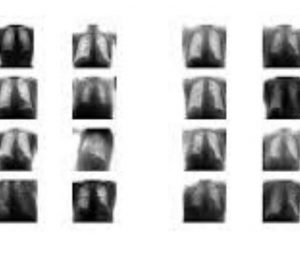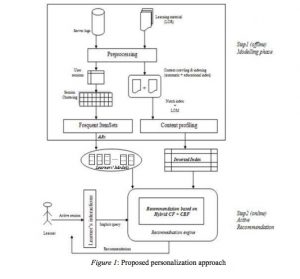Investigating Academicians’ Use of Tablet PC from the Perspectives of Human Computer Interaction and Technology Acceptance Model
Abstract This phenomenological study examines academicians’ beliefs and lived experiences of using tablet PC based on the Human-Computer Interaction (HCI) and Technology Acceptance Model (TAM). Participants included 15 academic staff […]



